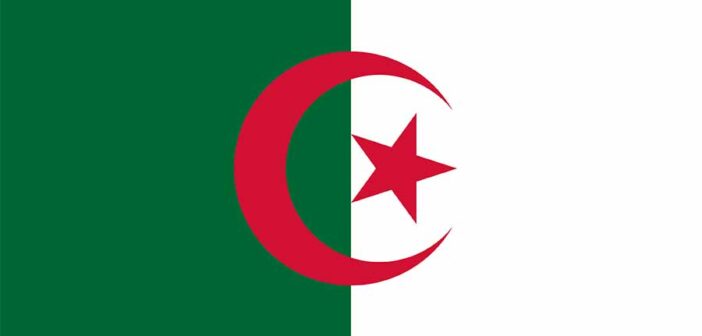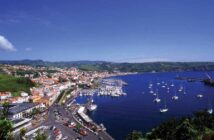- “The Battle of Algiers” (1966) – Directed by Gillo Pontecorvo, this movie is a powerful and realistic portrayal of the 1954-1962 Algerian War for independence from France. It vividly depicts the urban guerrilla warfare between the Algerian National Liberation Front (FLN) and the French authorities.
- “Outside the Law” (2010) – Directed by Rachid Bouchareb, this film follows the lives of three Algerian brothers who become involved in the Algerian War and later, their struggles as immigrants in France. It offers a compelling perspective on the historical and political context of the time.
- “Z” (1969) – Directed by Costa-Gavras, this political thriller is based on the true story of the assassination of Greek politician Grigoris Lambrakis. Though not solely set in Algeria, part of the film takes place there, examining the political tensions and power struggles in 1960s Algeria.
- “Days of Glory” (2006) – Directed by Rachid Bouchareb, this war film tells the story of a group of North African soldiers who fought for France during World War II. It explores themes of patriotism, discrimination, and the struggle for equal rights.
- “Viva Laldjérie” (2004) – Directed by Nadir Moknčche, this film is a coming-of-age story set in the 1970s in Algiers. It follows the lives of three Algerian women from different generations, exploring themes of tradition, modernity, and the pursuit of personal freedom.
- “The Stranger” (1942) by Albert Camus – Set in French Algiers, this existential novel follows the story of Meursault, a detached and indifferent man who becomes embroiled in a series of events that lead to a shocking act of violence.
- “The Plague” (1947) by Albert Camus – Also set in French Algiers, this allegorical novel explores the outbreak of a deadly plague and its impact on the residents of the city, delving into themes of isolation, absurdity, and the human condition.
- “The Swallows of Kabul” (2002) by Yasmina Khadra – This novel takes place in Kabul, Afghanistan, during the Taliban regime, but the author, who is Algerian, provides powerful insights into the consequences of extremism. The story follows two couples whose lives are profoundly affected by the harsh realities of war and oppression.
- “The Attack” (2005) by Yasmina Khadra – Set in contemporary Algeria, this novel revolves around a successful Arab-Israeli surgeon living in Tel Aviv who discovers that his wife carried out a suicide bomb attack. It explores the complex dynamics of identity, betrayal, and the clash of cultures.
- “Children of the New World” (2017) by Assia Djebar – This novel traverses over a century of Algerian history as it follows several generations of women living under French colonisation and later, during the Algerian War. It explores themes of identity, female empowerment, and the struggles faced by Algerian women.
WANDERLIST: Algeria in books and on film
0
Share.




